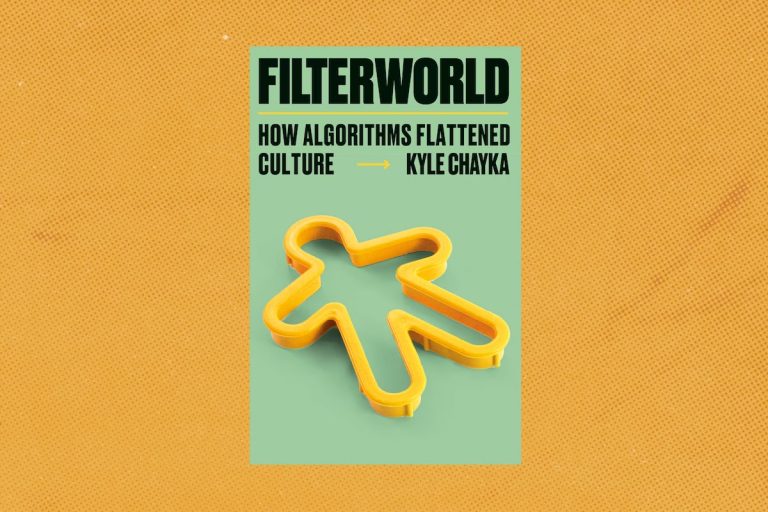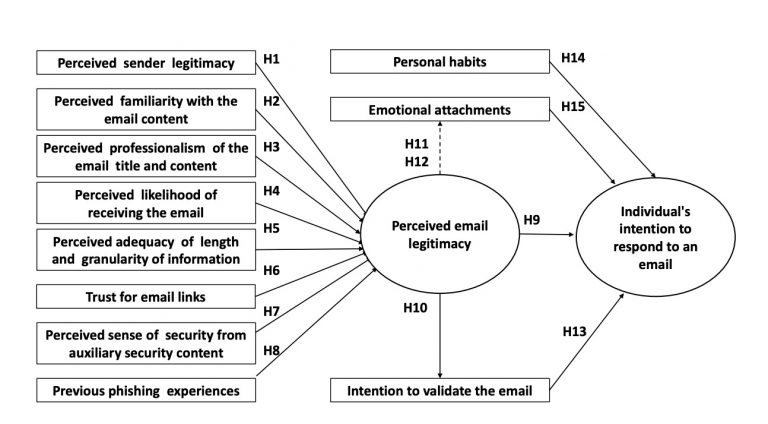Five short papers on online privacy by Carissa Véliz

Carissa Véliz is a postdoctoral research fellow at the Uehiro Centre for Practical Ethics and the Wellcome Centre for Ethics and Humanities at the University of Oxford. She is the editor of the forthcoming ‘Oxford Handbook of Digital Ethics’.
Privacy is a collective concern [1075 words]
When we tell companies about ourselves, we give away details about others, too.
New Statesman, 22 October 2019
Privacy is power [3600 words]
Don’t just give away your privacy to the likes of Google and Facebook – protect it, or you disempower us all
Aeon, 2 September 2019
Three things digital ethics can learn from medical ethics [2685 words]
Ethical codes, ethics committees, and respect for autonomy have been key to the development of medical ethics – elements that digital ethics would be advised to emulate
Nature Electronics, 15 August 2019
Online Masquerade: Redesigning the Internet for Free Speech Through the Use of Pseudonyms [8035 words]
Anonymity promotes free speech by protecting the identity of people who might otherwise face negative consequences for expressing their ideas. Wrongdoers, however, often abuse this invisibility cloak. How can we incentivise free speech while discouraging abusive speech? This paper argues that pseudonymity is a tool that can help us regulate the costs of speech online while furthering free speech. In order to redesign the Internet to better serve free speech, we should shape much of it to resemble an online masquerade.
Journal of Applied Philosophy, Vol. 36, No. 4, August 2019
The Internet and Privacy [2971 words]
In this chapter Véliz gives a brief explanation of what privacy is, argue that protecting privacy is important because violations of the right to privacy can harm us individually and collectively, and offer some advice as to how to protect our privacy online.
Chapter in “Ethics and the Contemporary World“, edited by David Edmonds, 149-159, Abingdon: Routledge, 23 May 2019



